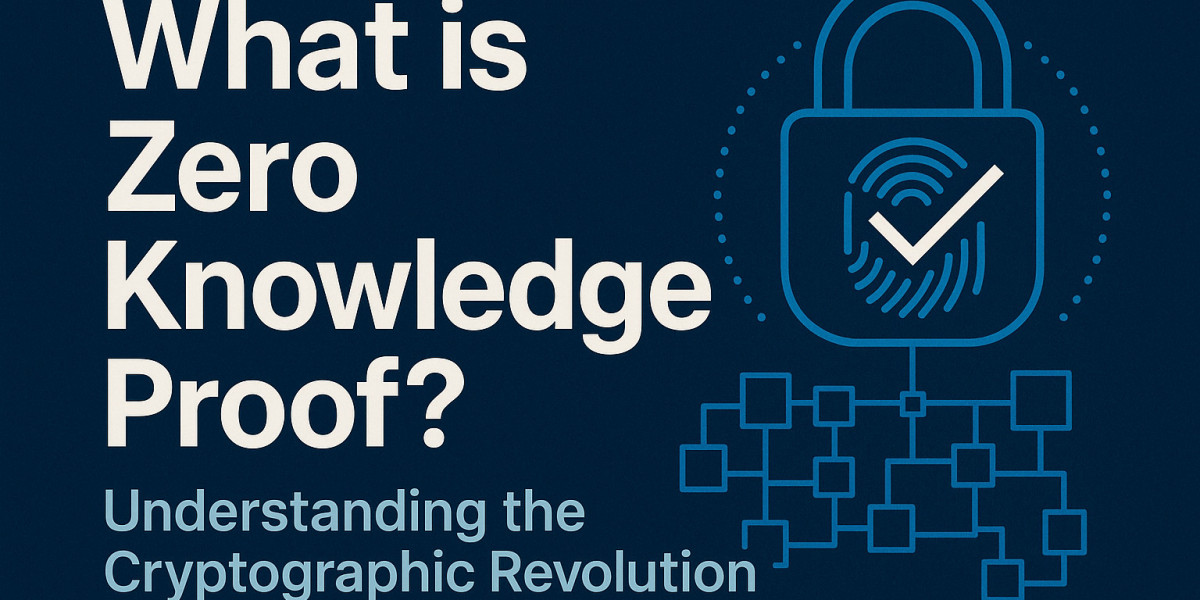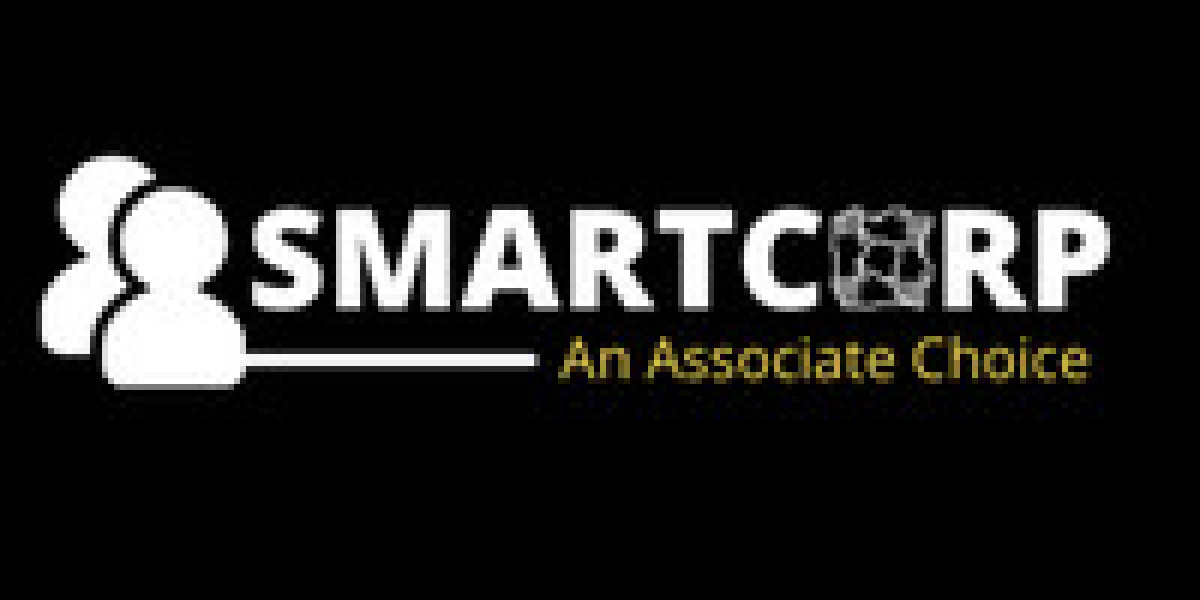Introduction
Cryptography has been the essence of safe digital communication for a long time. It has protected bank transfers as well as encrypted private messages to shield sensitive information from prying eyes. But now there is a new cryptographic innovation that is being hailed as revolutionary: the Zero Knowledge Proof (ZKP).
Why? ZKP upsets the trust game. Instead of sacrificing information to prove something, you can now prove it without revealing the original data. It's revolutionizing industries from blockchain to healthcare and many people believe it's opening a digital privacy era.
What Exactly is Zero Knowledge Proof?
Essentially, Zero Knowledge Proof is a cryptographic technique whereby one party (the prover) can demonstrate to another party (the verifier) that something is the case without revealing anything else.
Example:
You can demonstrate yourself to be over 18 without revealing your real birthdate.
You can demonstrate you know the password without ever displaying it.
You can demonstrate a financial transaction to be genuine without revealing the amount or parties.
It is this ability to construct truth without revelation that makes ZKP revolutionary.
Why It's a "Cryptographic Revolution"
Cryptography is generally about protecting and encrypting data—locking it away so that only the permissioned entities can view it. Zero Knowledge Proof extends it by asking: What if you never have to reveal the data at all?
This change redefines the way trust is established online. Instead of sharing secrets to prove authenticity, ZKP makes data minimization possible, where as little information as necessary is sent.
That's why ZKP is a quantum leap, not an evolution. It's transforming digital trust just like public-key cryptography did decades ago.
Real-World Applications of the Revolution
1. Blockchain and Cryptocurrencies
Blockchain is one of the biggest beneficiaries of ZKP. Cryptocurrencies like Zcash use ZKP to enable anonymous transactions. Ethereum developers are also building ZKP-based solutions to make decentralized applications faster and more private.
2. Digital Identity
Governments and organizations are exploring ZKP-based digital IDs. Imagine proving your eligibility to vote or travel without exposing your personal details like address or passport number.
3. Financial Systems
Banks can check your income level or credit rating with ZKP without requesting you to hand over sensitive financial documents. This accelerates finance, makes it more secure, and less invasive.
4. Healthcare Privacy
Patients could confirm vaccination status or medical fitness with ZKP without divulging their full medical history. This could dramatically improve data security in health systems.
The Technology Behind the Revolution
Some of the most powerful ZKP systems are:
zk-SNARKs (Succinct Non-Interactive Arguments of Knowledge): Efficient proofs that are easy to verify without repeated interaction.
zk-STARKs (Scalable Transparent Arguments of Knowledge): Improved scalable and transparent, with minimal trust assumptions.
They employ advanced cryptographic concepts, but they have a straightforward purpose: to demonstrate proof is accurate while concealing the original data.
Advantages of ZKP
Improved Privacy – Reveal minimum proof, rather than the raw material.
Security by Design – Even when databases are breached, sensitive data was never stored or transmitted.
Efficiency – Proofs can be generated and verified quickly.
Trustless Systems – Ideal for decentralized systems where no one authority needs to be trusted.
Challenges That Remain
Like any disruptor technology, ZKP has challenges:
Complexity: The mathematics are extremely advanced, requiring specialized knowledge.
Performance Costs: Proof generation can be computationally expensive.
Adoption Issues: Governments and industries are unwilling to update aging verification systems.
However, research and development keep pushing through these challenges to bring ZKP closer to real-world application.
Conclusion
Zero Knowledge Proof is not just another cryptographic tool—it's a paradigm in the way we deal with trust, privacy, and security. With proof without disclosure, ZKP allows people to retain the capability to control data but still be completely active within digital systems.
And with blockchain, three-month-old finance, and identity systems coming together, Zero Knowledge Proof will be leading the way in building a digital future that is secure and private by design.
The cryptographic revolution is already happening—ZKP is leading the charge.








